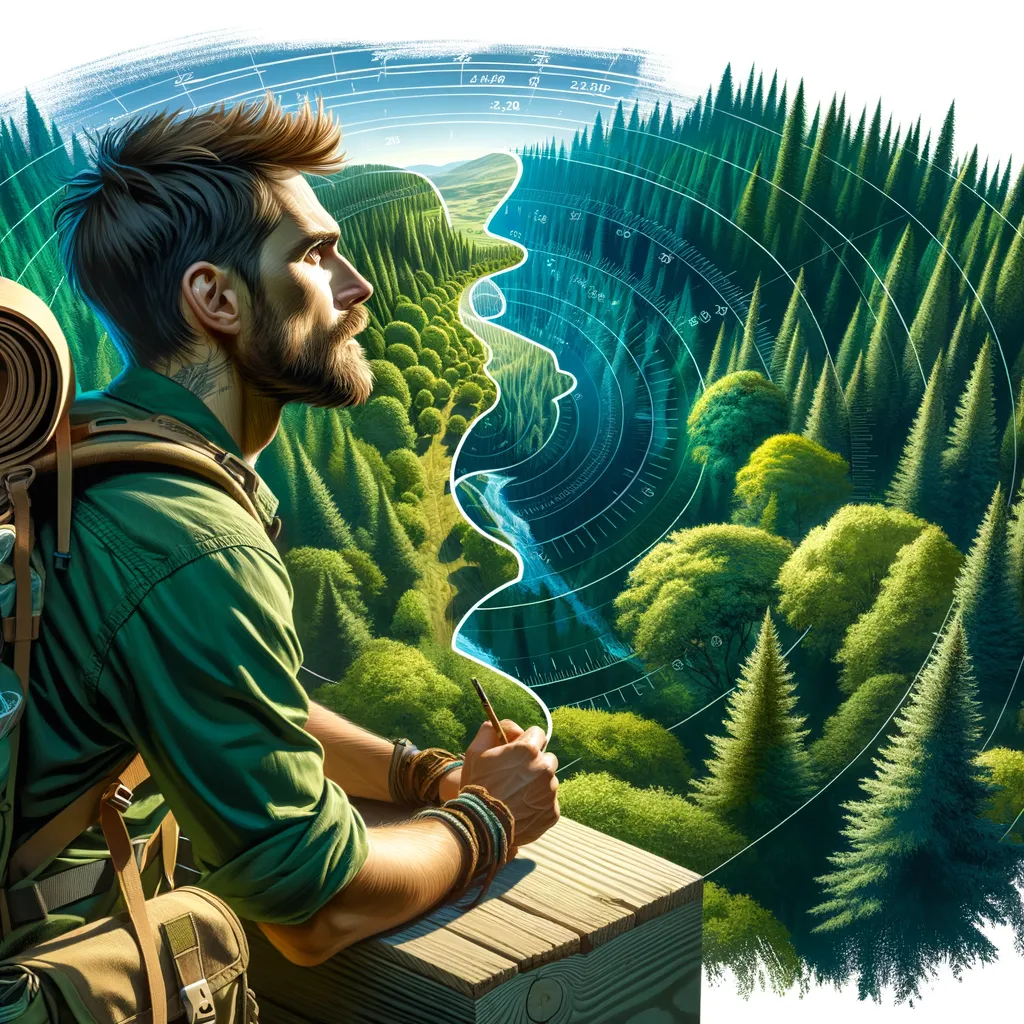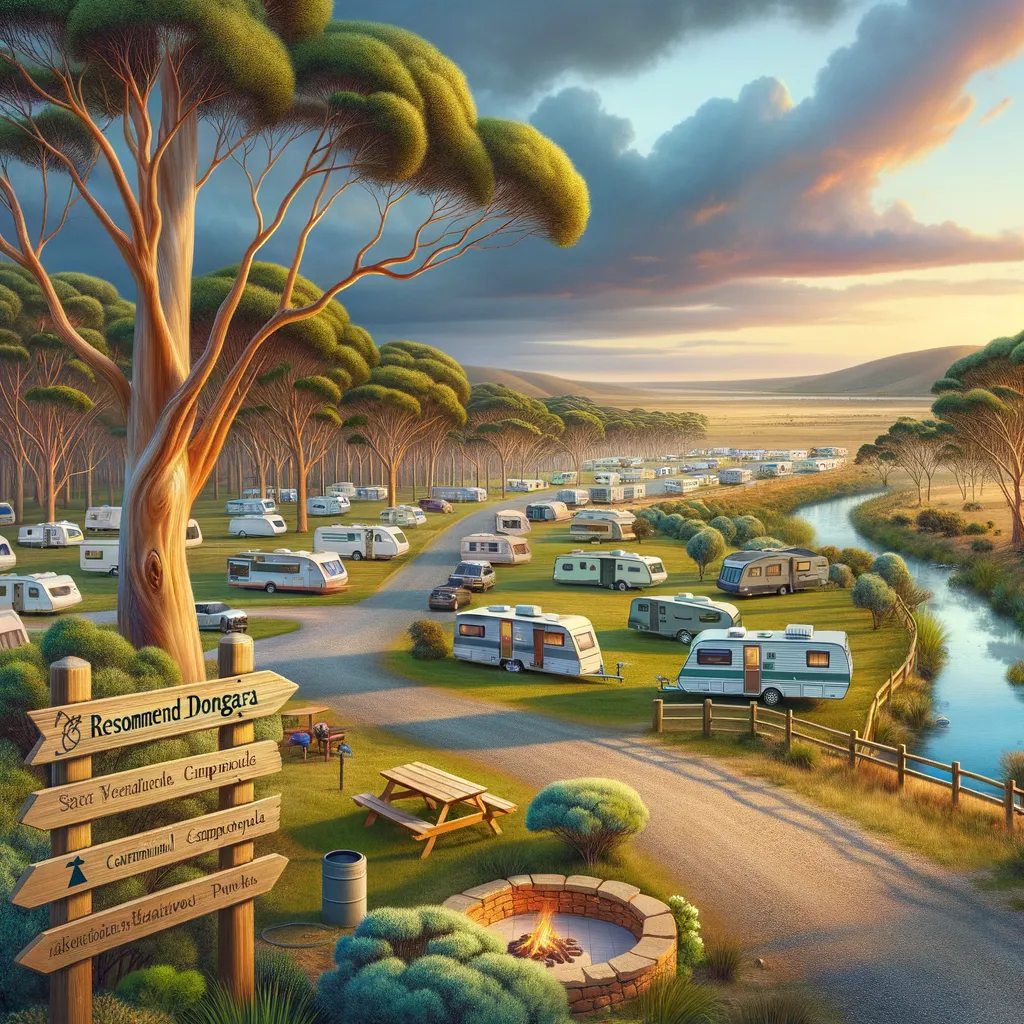The Magic of Wetlands: A Parent’s Guide to Earth’s Natural Wonder and Why They Need Our Protection
Welcome, dear parents, to a journey through the enchanting world of wetlands! These ecosystems are not only brimming with life but are fundamental to the health of our planet and the future of our children. Understanding their importance and learning how to contribute to their preservation is a beautiful gift we can give to the next generation. With engaging activities and a sprinkle of commitment, we can all play a part in safeguarding these precious resources. So, let’s dive in and discover the magic of wetlands together!
For those new to the great outdoors, or looking for the perfect family adventure, exploring our planet’s wetlands can be a transformative experience. Outdoors adventures provide not only a great way to bond with nature but also with each other. Moreover, if you’re looking for a comprehensive guide on where to start your camping adventures, here’s a Great read on camping, tailored just for you!
Why Wetlands Matter
Wetlands, often undervalued, play a critical role in our environment. They act as the Earth’s kidneys, filtering pollutants from water, providing a habitat for a vast array of biodiversity, and serving as a buffer to protect our lands from storms and floods. The array of ecosystems classified as wetlands, including swamps, marshes, and bogs, are biodiversity hotspots that support an array of plants and animals unique to these environments.
The Role of Wetlands in Climate Change Mitigation
Wetlands also play a pivotal role in combating climate change. They store carbon dioxide, a greenhouse gas, at a rate far greater than most other ecosystems, including forests. This carbon sequestration highlights the necessity of wetland conservation as a significant factor in our global effort to mitigate climate change impacts.
How Wetlands Benefit Communities
Aside from their environmental benefits, wetlands also offer numerous advantages to human communities. They provide critical resources, including fresh water and fish, essential for the livelihoods of billions of people worldwide. Wetlands act as natural sponges, absorbing and storing excess rainwater, which reduces the severity of floods. Furthermore, they support a variety of economic activities, including agriculture, fishing, and tourism, contributing significantly to the local and global economy.
Teaching our children about the importance of wetlands and their preservation starts with us. Our actions and attitudes toward these vital ecosystems can inspire the next generation to become passionate stewards of the environment. By integrating wetland conservation into our daily lives and encouraging our communities to participate, we empower our children with the knowledge and tools they need to make a positive impact.
Wetlands Around the World
Wetlands are found on every continent except Antarctica, reflecting their ability to thrive in a variety of climates and conditions. From the peat bogs of Northern Europe to the mangroves of Southeast Asia, each type of wetland supports a unique set of organisms and plays a specific role in the global ecosystem. The diversity of wetlands worldwide is a testament to their adaptability and importance in providing vital ecosystem services.
Preserving the world’s wetlands is not just an environmental imperative but a necessity for our survival and well-being. Wetlands are under threat from development, pollution, and climate change, leading to a decline in their size and health. This loss not only affects biodiversity and ecosystem services but also reduces the resilience of communities to natural disasters. International efforts, such as the Ramsar Convention, highlight the global recognition of the need to protect these critical habitats for future generations.
Embarking on this wetland preservation journey with your children can start with simple steps: learning more about local wetlands, visiting them, participating in clean-up activities, or even adopting a wetland. These actions foster a sense of responsibility and connection to the natural world, teaching invaluable lessons about conservation and the importance of biodiversity.
As parents, we have the unique opportunity to guide our children in understanding and appreciating the intricate web of life supported by wetlands. Our collective efforts in teaching them about these ecosystems’ significance and how to protect them can ensure that wetlands continue to thrive for generations to come. By nurturing their interest and involvement in environmental stewardship, we can help cultivate a future where the magic of wetlands is preserved and cherished by all.

The Essential Guide for Parents: Discovering the Importance of Wetlands and Their Global Preservation
Welcome, parents and guardians, to an enlightening journey into the world of wetlands – Earth’s invaluable ecosystems that are vital for our survival and the planet’s health. This comprehensive guide will enlighten you on the significance of wetlands and how, together with our children, we can take steps toward their preservation. It’s an adventurous path laden with learning, curiosity, and proactive conservation steps that promise a better world for future generations. Let’s embark on this essential exploration of the magic of wetlands and unveil ways to contribute to their worldwide protection.
Introducing your family to the marvels of the outdoors is a wonderful starting point. Visiting wetlands can be an inspiring adventure, offering an extraordinary opportunity to bond with nature and each other. For camping enthusiasts looking to immerse themselves in the beauty of these ecosystems, exploring resources on responsible camping and outdoor adventures can enhance your experience significantly.
Understanding Wetlands and Their Crucial Role
Recognizing the importance of wetlands is fundamental. These ecosystems, including marshes, swamps, and bogs, act as the Earth’s kidneys by filtering pollutants and providing critical habitat for a diverse range of plant and animal species. Wetlands are also nature’s flood defenses, absorbing excess rainfall and mitigating flood damages. Their role extends to being a pivotal force in combating climate change through carbon sequestration, surpassing even forests in their capacity to store carbon dioxide.
Wetlands: Champions of Climate Change Mitigation
The battle against climate change finds a potent ally in wetlands. Their unparalleled ability to store away carbon dioxide positions them as essential components in global efforts to minimize the impacts of climate change. This highlights the urgency of conserving wetlands not just for their ecological benefits but as a crucial strategy in climate change mitigation.
How Wetlands Enrich Communities
Wetlands extend their benefits to human communities by providing essential resources such as freshwater and fish, crucial for billions of people globally. They bolster local economies through agriculture, fishing, and tourism, showcasing their invaluable contribution beyond environmental benefits.
In educating our children about these ecosystems, we set the foundation for a new generation of environmental stewards. Simple actions, such as visiting local wetlands or participating in conservation efforts, can instill a lifelong commitment to environmental protection.
Global Wetlands and Their Preservation
The diversity of wetlands across continents showcases their adaptability and vital role in various ecosystems. The decline in wetland health due to factors like pollution and climate change calls for a global response to preserve these habitats. International conventions and local preservation efforts underscore the importance of collective action in safeguarding these ecosystems for the benefit of future generations.
Engaging with your children in wetland preservation can begin with simple yet impactful actions. This journey of discovery and advocacy not only enriches our planet but teaches invaluable lessons on the significance of biodiversity and conservation.
Five Things Parents Should Know About Wetland Preservation
- Wetlands Are Diverse: Educate yourself and your children about the various types of wetlands and their unique ecosystems to appreciate their importance in global biodiversity.
- Every Action Counts: Simple actions such as reducing pollution, supporting wetland-friendly products, and participating in local conservation efforts can collectively make a significant impact.
- Connect With Nature: Visiting wetlands can be a transformative experience for families, offering hands-on learning opportunities about these ecosystems and their inhabitants.
- Become an Advocate: Teach and encourage others about the importance of wetlands, spreading awareness and inspiring community action towards preservation.
- Support Conservation Efforts: Engaging in and supporting conservation initiatives, whether through volunteering, donations, or education, plays a crucial role in wetland preservation.
By understanding and devoting ourselves to the preservation of wetlands, we not only protect these critical ecosystems but also secure a healthier, more resilient future for our children. Encouraging their curiosity, involvement, and respect for nature fosters a generation of informed, passionate environmental stewards. Let this guide serve as a beacon for parents and children alike, illuminating the path towards the preservation and appreciation of the world’s wetlands. The responsibility of nurturing and conserving the earth’s wetlands lies with us, and together, we can ensure these habitats flourish for generations to come.
Disclaimer
The articles available via our website provide general information only and we strongly urge readers to exercise caution and conduct their own thorough research and fact-checking. The information presented should not be taken as absolute truth, and, to the maximum extent permitted by law, we will not be held liable for any inaccuracies or errors in the content. It is essential for individuals to independently verify and validate the information before making any decisions or taking any actions based on the articles.




